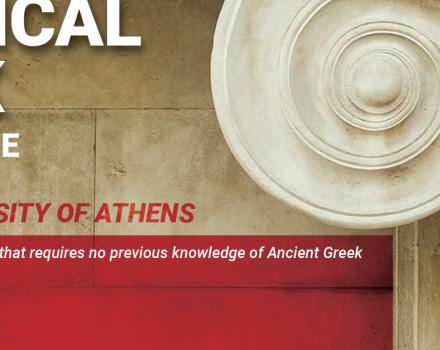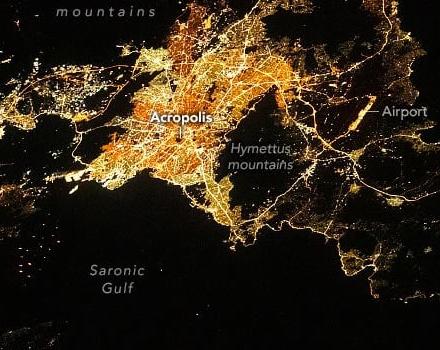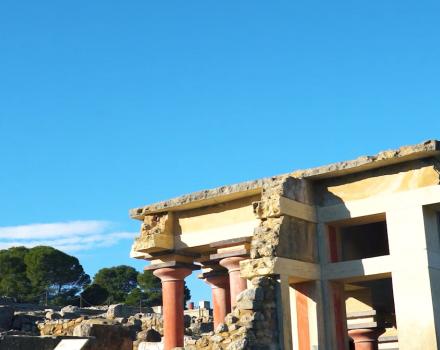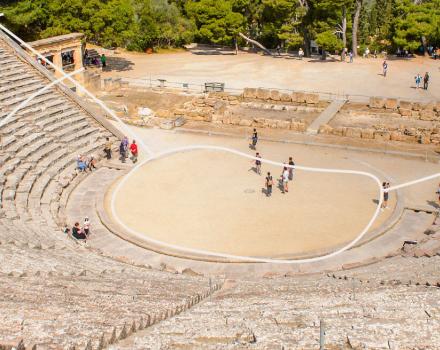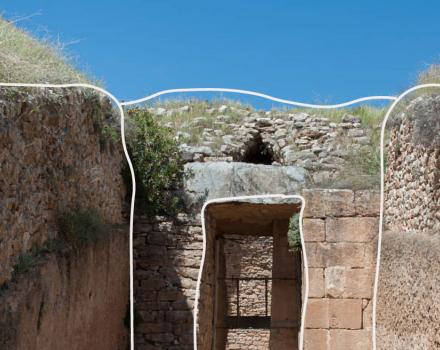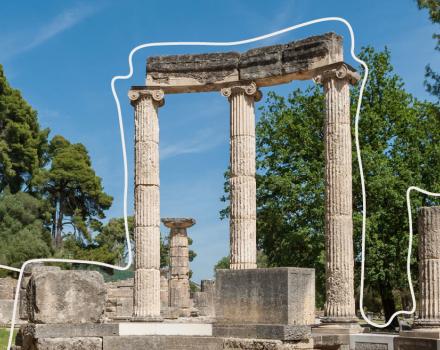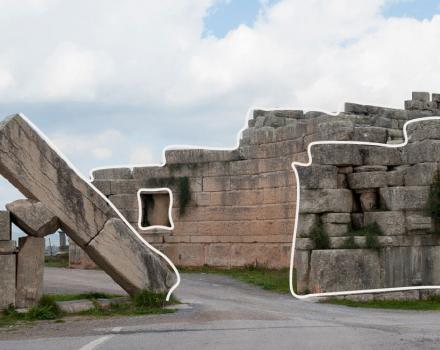In our modern world, where technology and education intersect, there's no better time to delve into the roots of our linguistic and cultural heritage. Embracing the timeless wisdom and beauty of Classical Greek not only enriches our understanding of the past but also illuminates the present.
As we explore the celestial wonders that have captivated human imagination for millennia, it becomes evident that many of the words we use to describe these cosmic phenomena trace back to the Greek language. From the precise terminology of astronomy to the mystical realm of astrology, the influence of Greek-derived terms is unmistakable.
The very word "star" itself, derived from the Greek «ἀστήρ» (astír), encapsulates a timeless fascination with these distant luminous objects. Stars, once thought to be celestial guides, have left a lasting mark on human history, influencing not only language but also cultural and scientific pursuits.
The science of "astronomy," another term rooted in Greek, deals with the systematic study of stars, planets, and other celestial phenomena - in Greek «φαινόμενα», pronounced exactly the same way. From the Greek words «ἄστρον» (ástron) meaning "star" and «νόμος» (nómos) meaning "law" or "arrangement," astronomy seeks to unravel the laws governing the arrangement of these cosmic entities. Over the centuries, astronomy has evolved from ancient observations of the night sky to a sophisticated field of study that explores the mysteries of the universe.
One of the key tools that propelled astronomy forward is the “telescope” in Greek «τηλεσκόπιον» (tilescópion) a word composed of «τῆλε» (tele), meaning "far," and «σκοπῶ» (skopó), meaning "to look closely" or "to see." With the invention of the telescope, humanity gained the ability to look into the depths of space, revealing the intricate details of stars, galaxies, and other celestial wonders that were once invisible to the naked eye.
If you are intrigued by the language that gave birth to such profound concepts, the University of Athens offers an exceptional e-learning course: Classical Greek Level A. This course provides a gateway to the world of ancient Greek, allowing students to uncover the linguistic treasures that continue to shape our modern discourse.
However, the ancient Greeks didn't just stop at scientific exploration; they also dived into the mystical realm of "astrology." The term “astrology” in Greek «ἀστρολογία», stems from the Greek words «ἄστρον» (ástron) and «λόγος» (logos) translating to the study or discourse about the stars. Astrology is an age-old belief system suggesting a connection between celestial bodies and earthly events, with practitioners using horoscopes to interpret the positions of the stars and planets at the time of a person's birth.
The word "horoscope" itself is a testament to this connection, originating from the Greek «ὡροσκόπος» (hοroskόpos), where «ὥρα» (hόra) means "time," and «σκοπῶ» (skopó), the same verb found in “telescope”. A horoscope is a personalized chart, often based on the positions of celestial bodies, created to provide insights into an individual's personality and future. While modern science may not endorse the predictive power of horoscopes, the influence of these celestial terms remains embedded in our cultural and linguistic inheritance.
Adding another layer to the celestial narrative, the word "disaster" bears a connection to the Greek word "δύσαστρον" (dísastron), where "δυς" (dis) in this context means "bad" or "unfortunate," and "ἄστρον" - well you should know by now what this means! This word reflects the historical belief that unfavorable events were influenced by the alignment of stars. While modern usage has shifted away from this celestial attribution, the word "disaster" serves as a linguistic relic, a reminder of the intricate ties between language and the cosmic world.
In the realm of stars and planets, constellations emerge as patterns that have guided navigators and storytellers throughout history. These groupings of stars have been named and mythologized by different cultures, each constellation carrying its own narrative and significance. The night sky, adorned with constellations, serves as a canvas upon which humanity has projected its imagination, dreams, and aspirations.
Deepen your appreciation for the origins of the language that has shaped the modern world and become a part of a vibrant community of learners passionate about preserving and celebrating our cultural heritage. Join us today and discover the wonders that await within the timeless realm of Classical Greek.
Photo: Athens, Greece, at night, captured on September 17, 2022, by an astronaut onboard the International Space Station.
